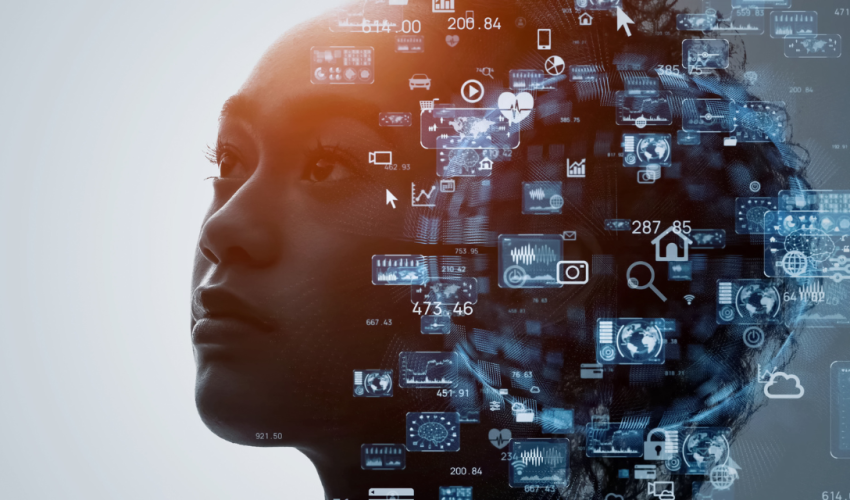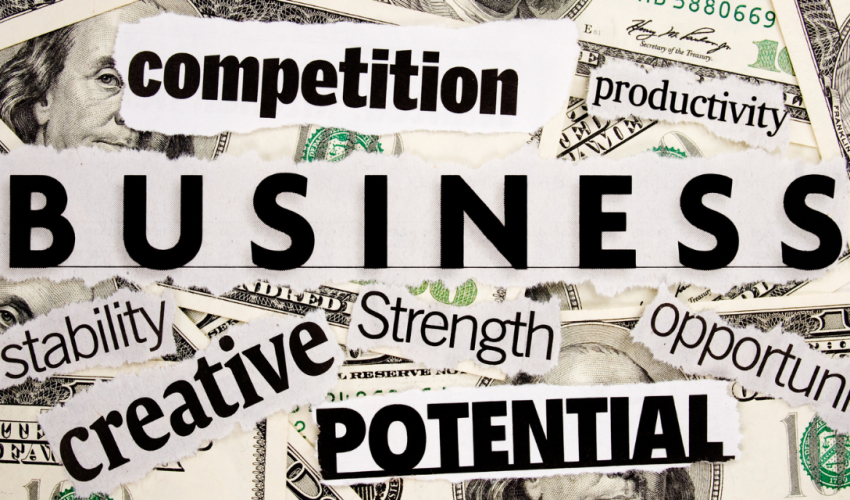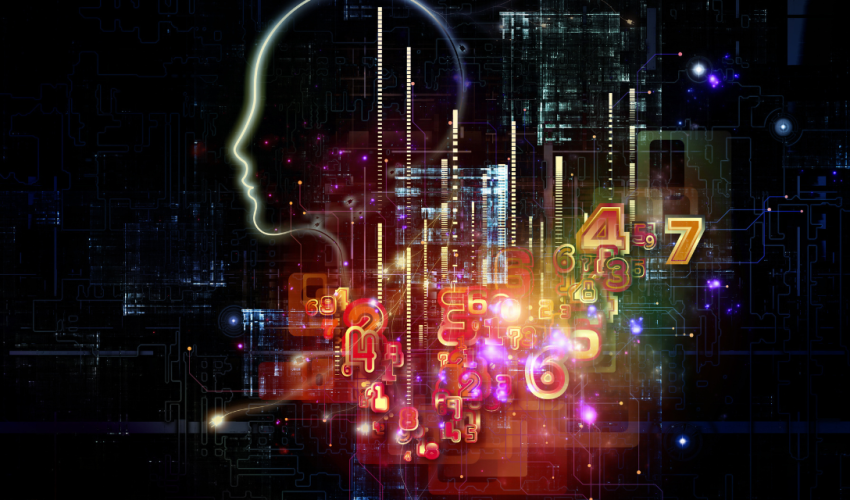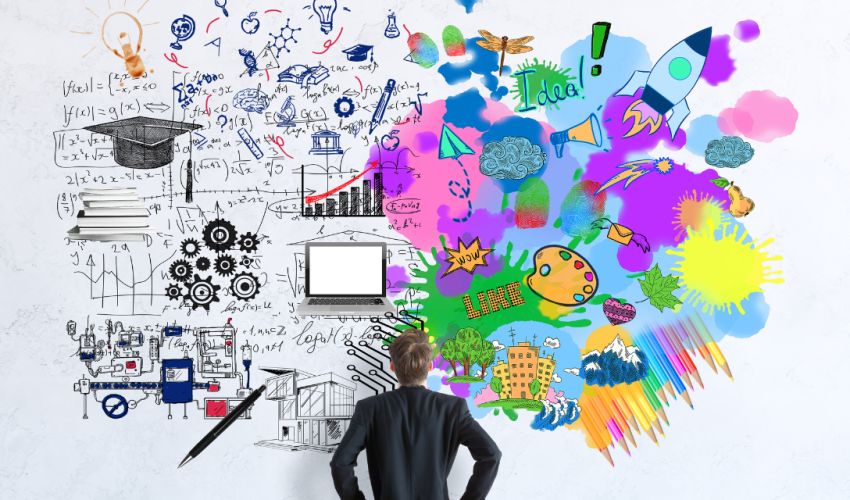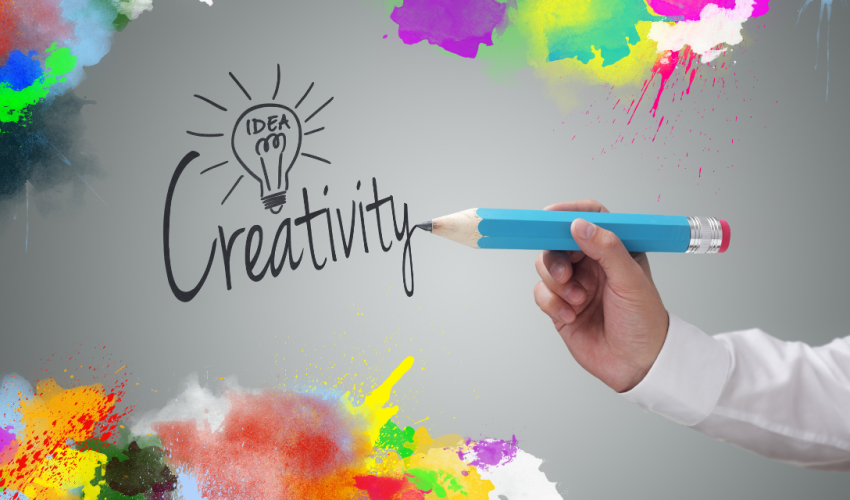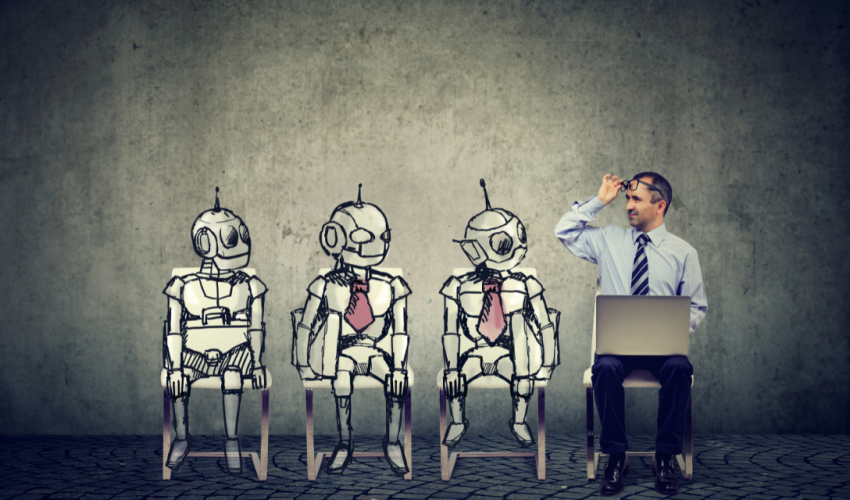In the landscape of modern education, we find ourselves at a crossroads. The traditional methods that have underpinned our learning systems for generations are now being challenged by the diverse needs of students across the globe. It’s becoming increasingly clear that the one-size-fits-all approach is outdated, unable to cater to the varied paces and styles…
Tag: Artificial Intelligence
A Tiered Approach to Compute Power in AGI Development
In the quest to develop Artificial General Intelligence (AGI), a nuanced understanding of computational needs presents a compelling avenue for innovation. As we venture into this territory, the concept of utilizing multiple agents, each with access to varying types of compute power and resources, emerges as a sophisticated strategy. This essay delves into an approach…
The Future of AI: In the Hands of a Techno-Oligarchy?
In the rapidly evolving landscape of artificial intelligence (AI), a crucial question looms large: What does the future hold when the reins of AI’s development, direction, and accessibility are held by a select few? This blog delves into the concept of a techno-oligarchy in AI, exploring the implications of concentrated power in the hands of…
The Evolution of Context Windows in Generative AI: From GPT to Gemini and Beyond
In the ever-evolving world of generative artificial intelligence (AI), one concept plays a pivotal role in shaping the capabilities and output of these sophisticated systems: the context window. Simply put, a context window refers to the amount of information—measured in tokens—that an AI can consider at any one time. This can include words, parts of…
Crafting Clarity: Using Generative AI to Articulate Thoughts
Imagine you’re sitting at your desk, wrestling with a groundbreaking concept for a new sustainable energy solution. It’s revolutionary, potentially game-changing, but it’s also complex and multifaceted. You know it inside out, yet when it comes to explaining it to others, the words just don’t do it justice. This is where the magic of generative…
Project TUNDRA and the Quest for Cryptographic Dominance
In the shadowy world of cybersecurity, Project TUNDRA stands as a testament to the relentless pursuit of technological supremacy. Purportedly an initiative of the National Security Agency (NSA), TUNDRA is shrouded in the kind of mystery that befits a plot lifted straight from the pages of a techno-thriller. If the leaked documents and speculative whispers…
Evolving Lessons for the Next Generation
In the early ages of America, teaching our children was all about imparting the essential skills needed to thrive in the known world. Parents passed down critical knowledge and skills on how to plant food, how to ride a horse, and how to shoot a bow. These were the skills that guaranteed survival and success…
The Innovation Paradox: Can AI Remain Creative with Synthetic Data?
As we embark on the exploration of AI-generated content’s integration into large language models (LLMs), it’s imperative to scrutinize the trajectory we’re on, the potential dangers it harbors, and how it could shape the innovative and creative capacities of AI in the future. The rapid advancement of artificial intelligence, closely shadowing Moore’s Law in its…
Mapping the Journey to Artificial General Intelligence
As the field of artificial intelligence (AI) continues to evolve, understanding the trajectory towards Artificial General Intelligence (AGI) is crucial for business professionals in or around the sector. AGI represents a future where machines not only mimic human intelligence across a broad range of tasks but also innovate and solve problems on levels currently unimaginable….
Navigating the Paradox of AI Abundance: A Tale of Two Villages
Once upon a time, in a world not unlike our own, there were two neighboring villages separated by a vast and fertile plain. In one village, a small group of farmers discovered a way to harness the power of the wind, using it to irrigate their fields and yield crops beyond anyone’s imagination. This village,…
